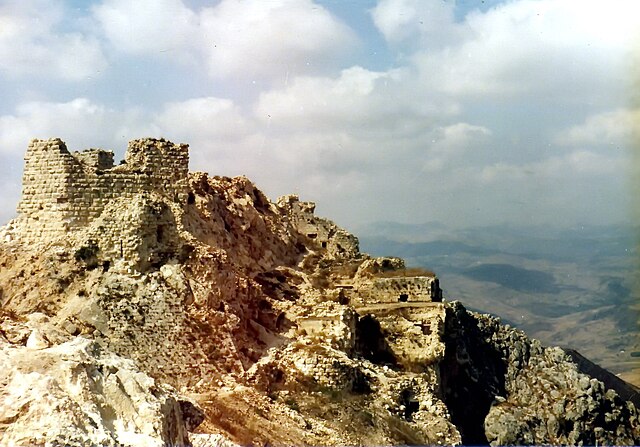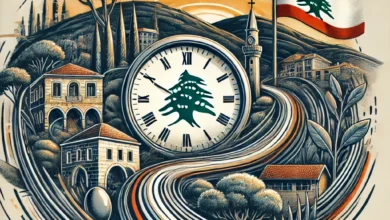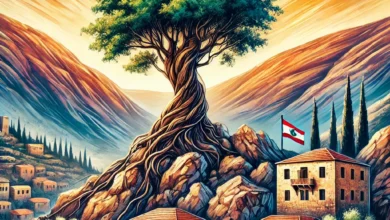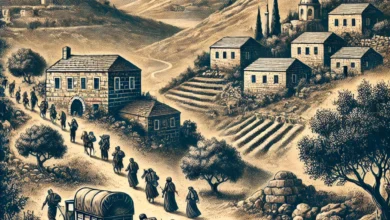“The Visit of Jesus Christ and the Sacred Sites

Kassem Hojeij and the Documentation of Sacred Sites in Jabal Amel
“The Visit of Jesus Christ and the Sacred Sites”
Bishop Yuhanna Haddad, former Archbishop of Tyre for the Greek Melkite Catholics, praised the efforts of historian and researcher Kassem Hojeij, head of Deir Antar Municipality, for his work in documenting sacred sites in Jabal Amel visited by Jesus Christ.
Hojeij emphasized that Jesus Christ’s visits to Jabal Amel, Deir Antar, Tyre, and Qana are fully documented in the Bible and supported by rare historical records in his possession. Bishop Haddad supported the publication of an academic study based on these findings and documents, intending to distribute it to research centers, universities, and institutes to raise awareness about these significant historical facts.
“Natural Resources and Archaeological Discoveries in Jabal Amel”
Hojeij highlighted Jabal Amel’s wealth of historical sites, natural resources, and raw materials. Notable recent discoveries include:
Gold deposits found in the Ram Jaghia area.
Underground rivers flowing beneath the region, though many have been depleted due to unregulated drilling of artesian wells.
“Key Archaeological and Natural Discoveries”
In collaboration with historian Moussa Yassin, Hojeij documented several notable findings with photographic evidence, including:
Freshwater springs emerging from the seabed near the Tyre coast in Al-Qasimiya.
The Egyptian Pharaonic Port opposite the Islamic University building.
Springs near Al-Mansoura Fortress between Yaron and Maroun Al-Ras.
The Sacred Valleys near Ain Ebel, recently declared a sacred pilgrimage site by the Maronite Church.
“A Message of Religious Unity and Coexistence”
Hojeij stressed:
“There should be a mosque near every church and a church near every mosque.”
He echoed Imam Musa Al-Sadr’s assertion that Lebanon thrives only through its two wings—Islamic and Christian.
Hojeij further elaborated:
“In both Islam and Christianity, we share a single heritage. As Muslims, we believe in and respect the divine scriptures. In Jabal Amel, we live a true national unity that is expressed through actions, not just slogans, exemplifying a harmonious coexistence.”



